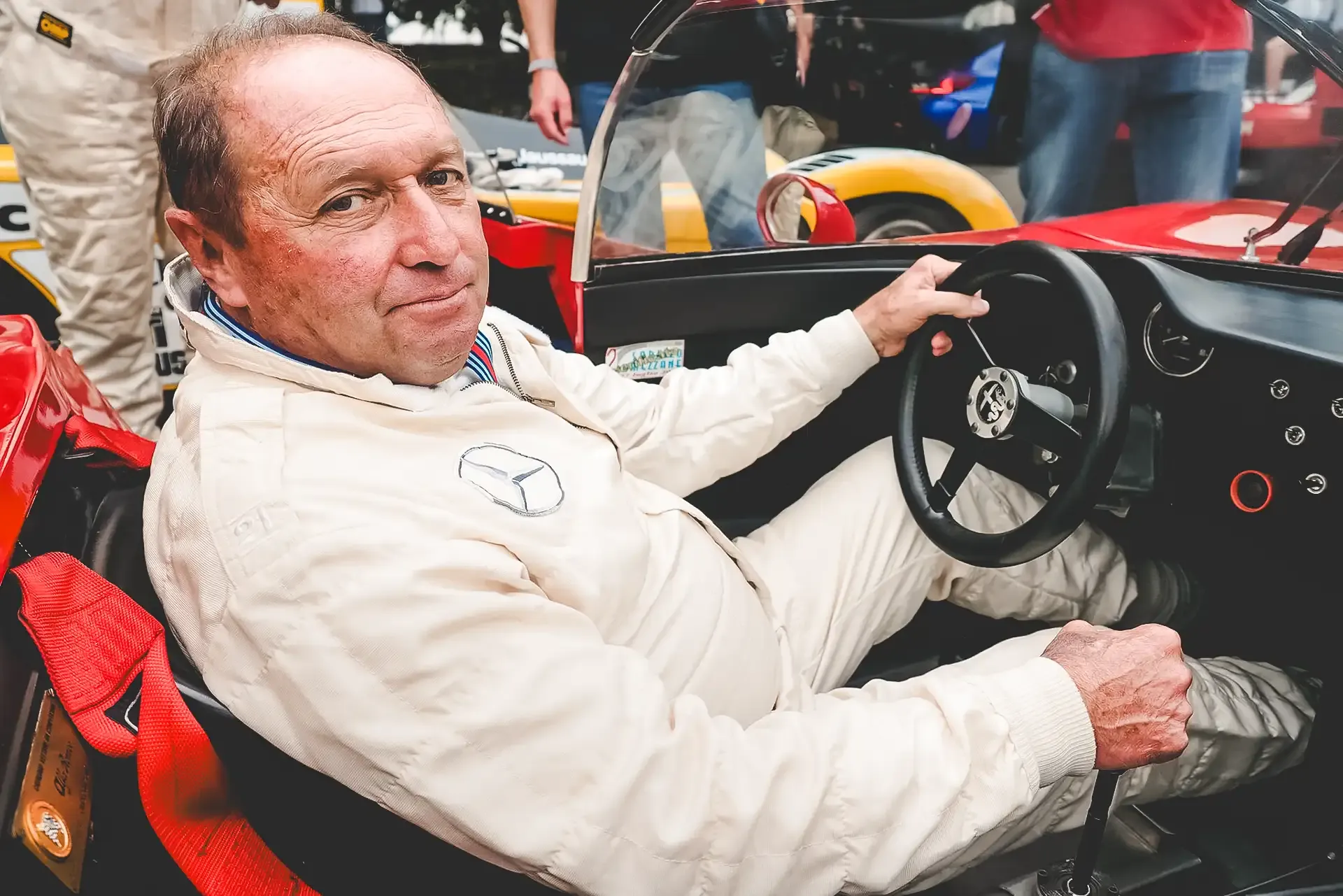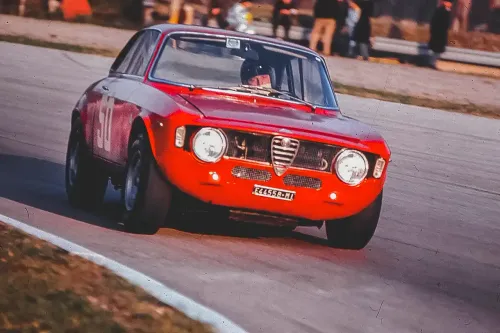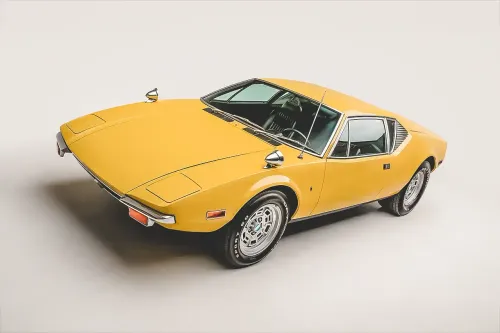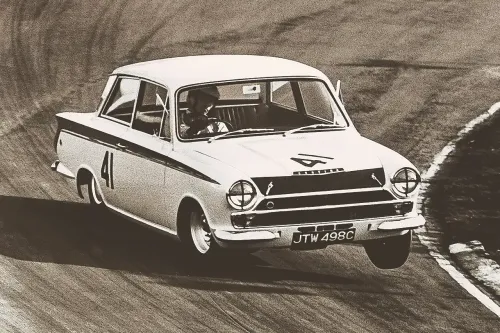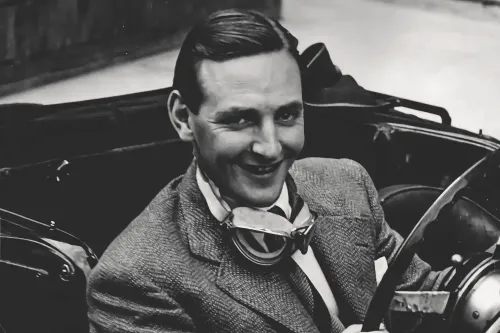The farewell of Jochen Mass (1946-2025)
Photo: Evento Retrô Magazin
Jochen Richard Mass was born on September 30, 1946, but it was only in the late 1960s that motorsport entered his life. His first years of professional activity were spent as a sailor in the merchant navy.
In 1968, Mass began participating in touring car races on German circuits and caught the eye at the wheel of an Alfa Romeo Giulia GTA. The consistency and speed of the then amateur driver attracted the interest of the official Ford Germany team, which offered him an opportunity that would prove decisive.
Driving the Capri RS and Escort RS, he achieved remarkable results, especially in long-distance races, partnering John Fitzpatrick, Dieter Glemser, Alex Soler-Roig, Gérard Larrousse, Hans-Joachim Stuck, Jody Scheckter, Jackie Stewart, Niki Lauda, among others.
His results quickly promoted him to Formula 2, in a short stint in which he achieved several podiums, in direct battles with names such as Lauda, François Cevert, Ronnie Peterson, Emerson Fittipaldi, among others. In 1973, John Surtees spotted his potential and took him to his team, in the premier category.
However, his time with Surtees would be temporary, as he signed a contract with McLaren, where he would stay from 1974 to 1976, with the highlight being his victory in the Spanish Grand Prix, held in Montjuich.
With “giants” like Fittipaldi and James Hunt as teammates, Mass always remained in the shadows, and ended up going to ATS and then to Arrows, teams that did not allow for great ambitions. In the 1980 and 1981 seasons, he would still return to McLaren, but without notable results.
His final season took place with March in 1982, and was remarkable for the worst reasons. Although it was a purely racing incident, Mass was involved in the accident that killed Gilles Villeneuve, and admitted to being haunted by a feeling of guilt for a long time. Two months later, he himself would have a serious accident in a collision with Mauro Baldi, which would be decisive in ending his career in single-seaters.
In the same year, he signed a contract with Porsche and would be a key player in the development of the 956 and 962 prototypes. With these iconic models, he achieved many notable results, including second place in the 1982 24H of Le Mans, victory in the 1981 1000km of Mugello and victory in the 1987 12H of Sebring, in a team with Bobby Rahal. Previously, he had won several races with official Porsche 935s and 936s.
This was followed by a golden career with Mercedes-Benz. In search of a return to the highest level of long-distance racing, the German brand joined forces with the Sauber team to develop a model that would allow them to reach the top of the competition, which they ended up doing, with Mass playing a key role in this journey.
In 1989, the Sauber C9 won the constructors' title in the Sport-Prototype World Championship and the team formed by Jochen Mass, Manuel Reuter and Stanley Dickens achieved a historic overall victory in the 24 Hours of Le Mans, something that Mercedes-Benz had last achieved in 1952.
During this time, Mass was also a key mentor in the careers of Sauber's younger drivers, Karl Wendlinger, Heinz-Harald Frentzen and Michael Schumacher.
After retiring, Jochen Mass maintained his ties with Mercedes-Benz, being a regular presence at the world's biggest historical events, notably at Goodwood, at the wheel of the brand's huge racing cars.
Jochen Mass died yesterday in Cannes, victim of complications resulting from a heart attack that occurred in February. A likable figure and much appreciated by his peers, he leaves a great void in the automotive world, but also a brilliant legacy.



